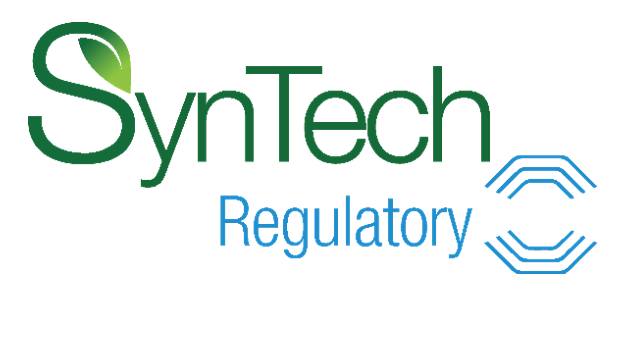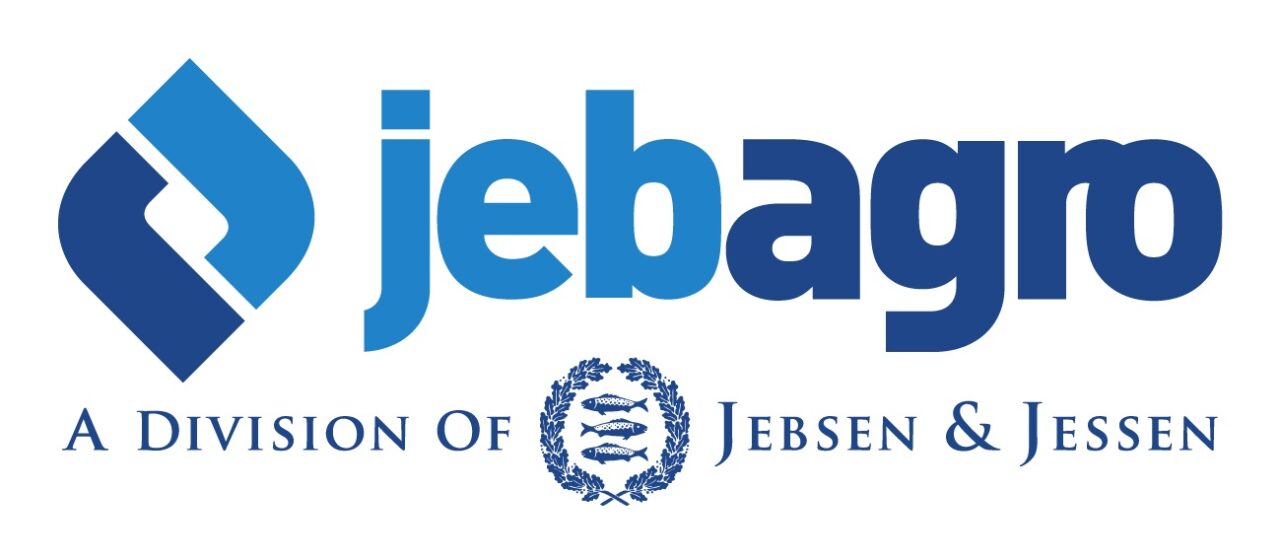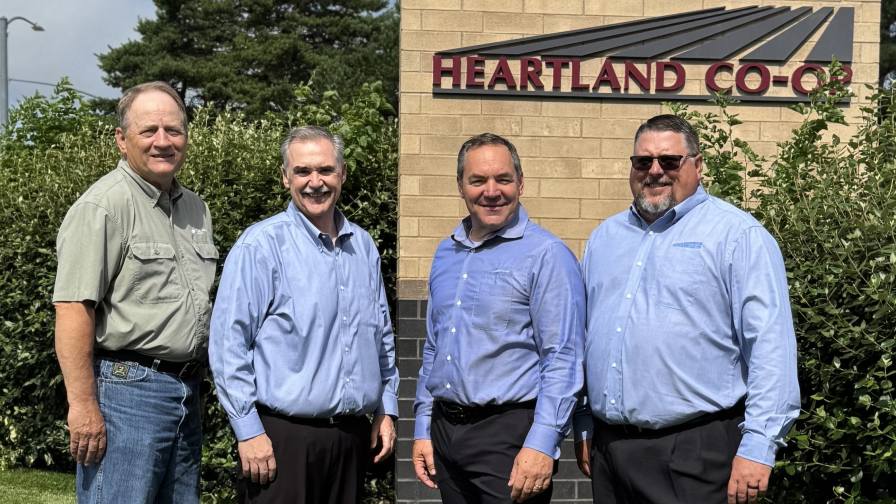Argentina’s Herbicide Use Leads to $30 Billion in Economic Benefits
The widespread use of herbicides in Argentina led by the adoption of glyphosate has pulled the country out of the agricultural slump it experienced in the 1980s, according to a CropLife Foundation study.
In many cases, no-till reduced erosion by 90% from 10 or more tons per hectare, according to the study. A decrease in fuel and labor costs caused production costs to fall, and soybean yields in Argentina increased 11% between 1991 and 2008 due to the adoption of glyphosate and other affordable herbicides.
Between 1991 and 2008, production costs decreased $4.7 billion and gross income climbed $12 billion because of the adoption of no-till practices. Combined with the $17 billion cumulative benefit of reduced global prices of consumer products using soybean and maize, the adoption of herbicides in Argentina have led to $30 billion in economic benefits, according to the study.
Soil water accumulation increased 4 inches by using no-till methods, which expanded soybean and maize acreage into less-than-favorable areas.
Argentinean farmers had traditionally used tillage to remove weeds from fields. However, this caused a significant decrease in soil nutrients, soil organic matter, soil structure and moisture and increased erosion.
Once Argentine researchers presented evidence of the benefits of herbicide use and no-till, farmers began to expand their use of crop protection products, in particular glyphosate.
The country’s farmers formed a new organization, the Argentinean No Till Farmers Association, to promote no-till adoption. According to the CropLife Foundation, hey saw an opportunity to increase their total production and supply both domestically and globally.





